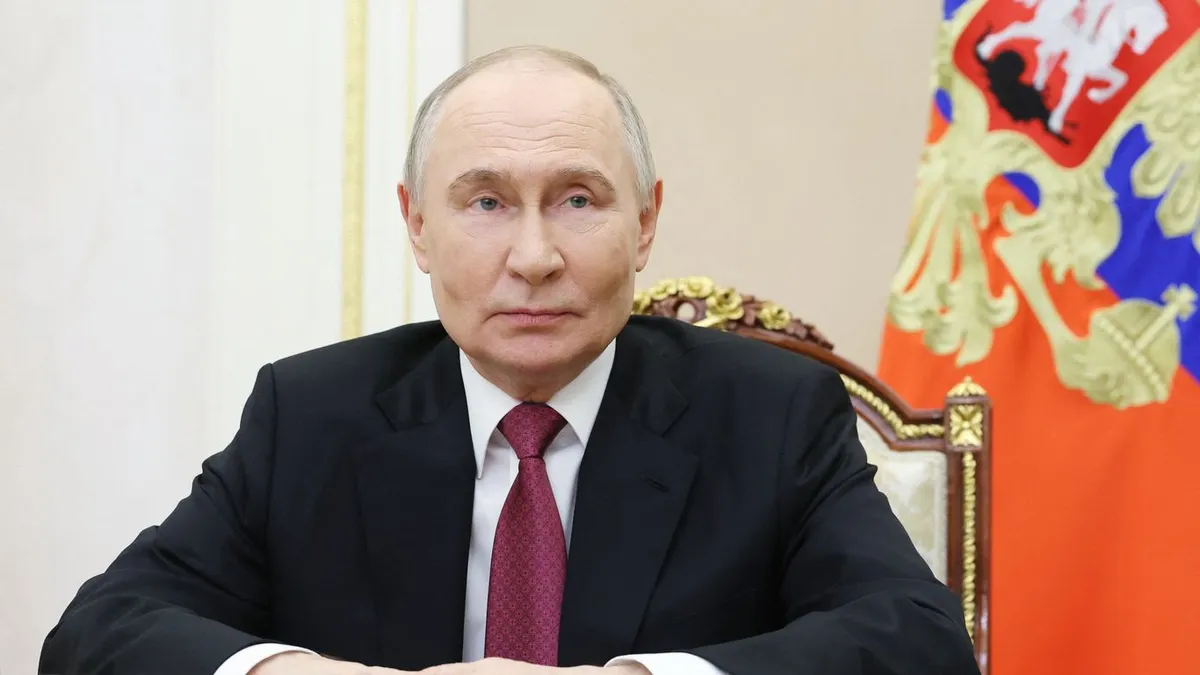
In a recent turn of events, Russia has expressed its discontent following comments made by former President Donald Trump, who questioned whether President Vladimir Putin is 'crazy'. The Kremlin has described Trump's remarks as indicative of an 'emotional overload'. This statement underscores the heightened tensions between Russia and the United States, particularly in the context of the ongoing conflict in Ukraine.
During a recent interview, Trump posed the provocative question regarding Putin's mental state, prompting a swift reaction from the Kremlin. Officials in Moscow have suggested that such comments reflect a lack of understanding of the complexities surrounding the Russia-Ukraine war. This incident highlights the strained relationship between the U.S. and Russia, especially as Trump continues to make headlines with his controversial statements.
In a dramatic escalation of hostilities, Russia has launched its largest-ever drone and missile attack on Ukraine. This unprecedented strike marks a significant intensification of the conflict, which has already resulted in widespread devastation across the region. Ukrainian officials have reported that this attack is part of a broader strategy by Moscow to exert military pressure amidst ongoing international scrutiny.
In response to the recent surge in assaults from Russia, Ukraine has reaffirmed its commitment to defending its sovereignty. The Ukrainian military is working tirelessly to mitigate the impacts of these attacks, focusing on enhancing its defense capabilities. As the conflict continues to evolve, Ukraine remains vigilant and prepared to counter any further aggression from Russian forces.
The Russian government has taken Trump's comments in stride, labeling them as an example of 'emotional overload'. This phrase reflects the Kremlin's attempt to downplay the significance of Trump's inquiry while simultaneously asserting its position in the geopolitical landscape. By redirecting the narrative, Russian officials aim to maintain a sense of stability and control amidst the ongoing chaos of war.
The exchange between Trump and the Kremlin raises critical questions about the future of U.S.-Russia relations. As tensions remain high due to the ongoing war in Ukraine, statements like Trump's may further complicate diplomatic efforts. Both nations find themselves at a crossroads, where rhetoric and military actions may influence the trajectory of their interactions on the global stage.
The aftermath of Trump's remarks and Russia's subsequent military actions highlight the complexities of the current geopolitical climate. With each passing day, the Russia-Ukraine war continues to evolve, drawing in international attention and concern. As both sides navigate this challenging landscape, the potential for escalation remains a pressing issue that warrants close observation.